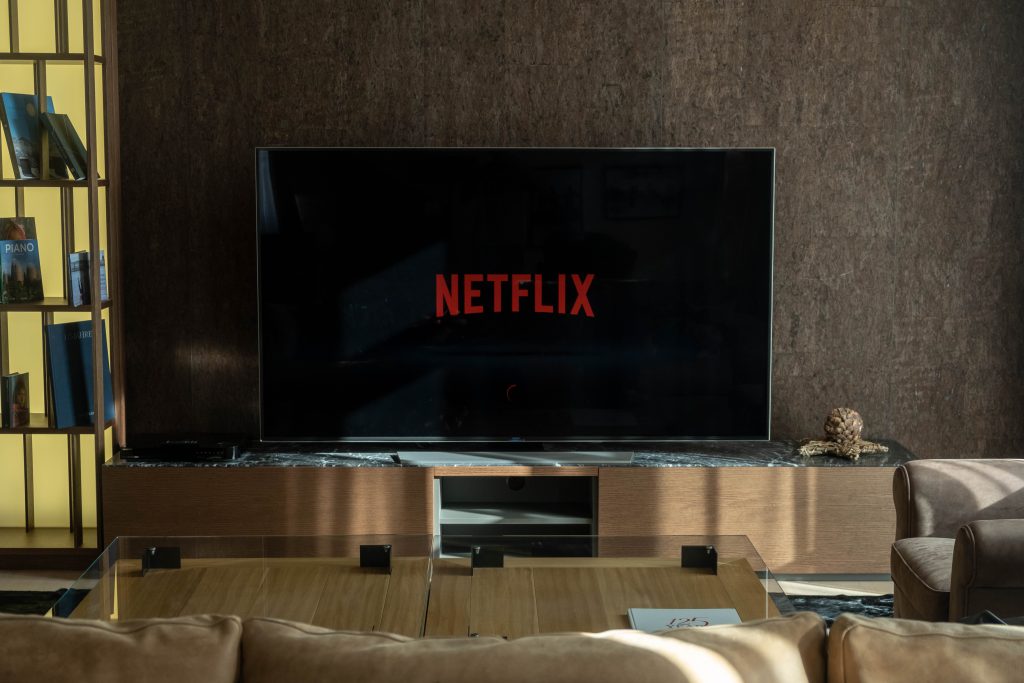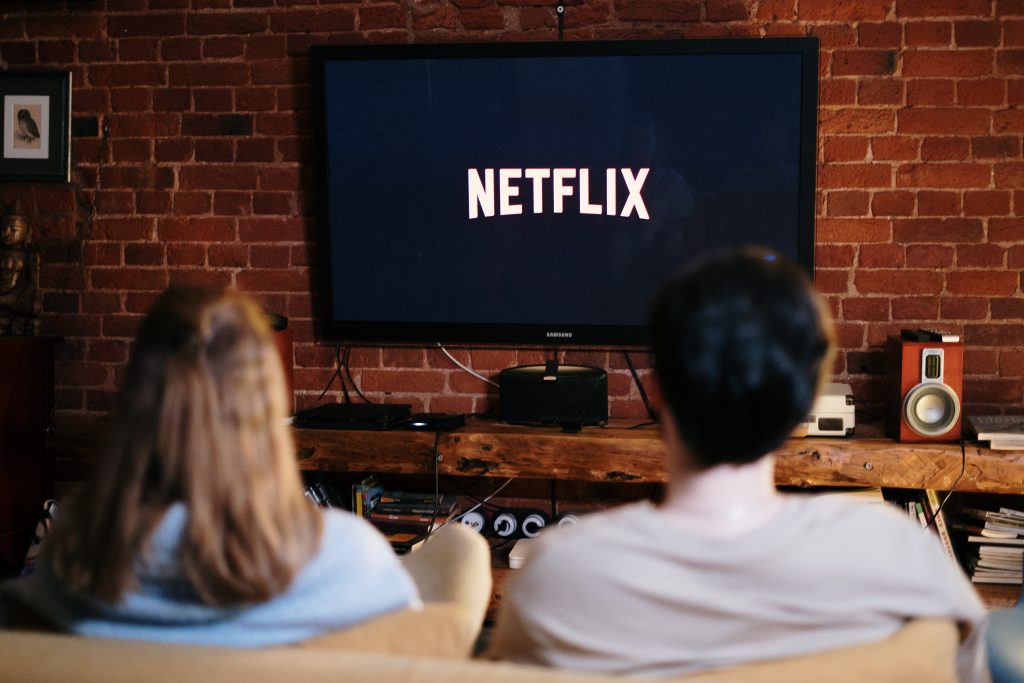In the realm of modern entertainment, few names hold as much significance as Netflix. Established in 1997 as a DVD-by-mail rental service, Netflix has evolved into a global streaming giant that has revolutionized the way people consume content. This article delves into the journey of Netflix, its profound impact on the entertainment industry, and its role in shaping the future of digital media.

The Rise of Netflix
Netflix’s journey from a humble DVD rental service to a streaming powerhouse is a testament to its adaptability and innovation. In 2007, the company introduced streaming services, changing the landscape of home entertainment forever. This shift eliminated the need for physical copies and provided users with instant access to an extensive library of films and TV shows. As a result, binge-watching became a cultural phenomenon, influencing how content is both produced and consumed.
Disrupting Traditional Television
One of Netflix’s most significant contributions to the entertainment industry is its disruption of traditional television models. The platform’s “on-demand” nature challenged the conventional programming schedules of TV networks. Viewers could now watch their favorite shows and movies at their convenience, leading to a decline in traditional cable subscriptions. This shift prompted traditional broadcasters to adopt streaming services themselves, emphasizing the seismic change Netflix brought about.
Original Content Production
Netflix’s prowess isn’t limited to streaming licensed content; it’s a powerhouse in original content production. The company’s strategic decision to create its own shows and movies led to groundbreaking series like “Stranger Things,” “House of Cards,” and “The Crown.” By investing in high-quality original content, Netflix not only attracted subscribers but also garnered critical acclaim and awards, reshaping how entertainment is produced and consumed.
Global Reach and Cultural Influence
Operating in over 190 countries, Netflix’s global reach is unmatched. This wide availability has led to cultural phenomena transcending borders, making shows like “Money Heist” and “Dark” international hits. By providing localized subtitles and dubbing, Netflix further extended its influence, allowing people worldwide to enjoy content in their native languages. This strategy fostered a sense of inclusivity and connectedness, making entertainment a unifying force.
Challenges and Competition
Despite its dominance, Netflix faces challenges in an increasingly competitive landscape. Competitors like Amazon Prime Video, Disney+, and Hulu have entered the streaming arena, vying for subscribers’ attention. This competition has led to escalating production budgets, making it imperative for Netflix to continue delivering captivating original content and enhancing user experience to maintain its edge.
The Future of Netflix
The future of Netflix is marked by its commitment to technological innovation. Advancements in AI and data analytics guide the platform’s content recommendations, personalizing user experiences. Additionally, investments in interactive storytelling and virtual reality hint at Netflix’s ambition to explore new dimensions of viewer engagement.
In its transformative journey, Netflix has redefined entertainment consumption, shattered industry norms, and influenced global viewing habits. From its inception as a DVD rental service to its current status as a streaming giant, Netflix’s impact on the way we watch content is undeniable. By embracing original content, embracing global audiences, and fostering technological innovation, Netflix continues to shape the future of digital media. As the entertainment landscape evolves, one thing remains certain: Netflix will remain at the forefront of innovation, captivating audiences and shaping the entertainment industry for years to come.



